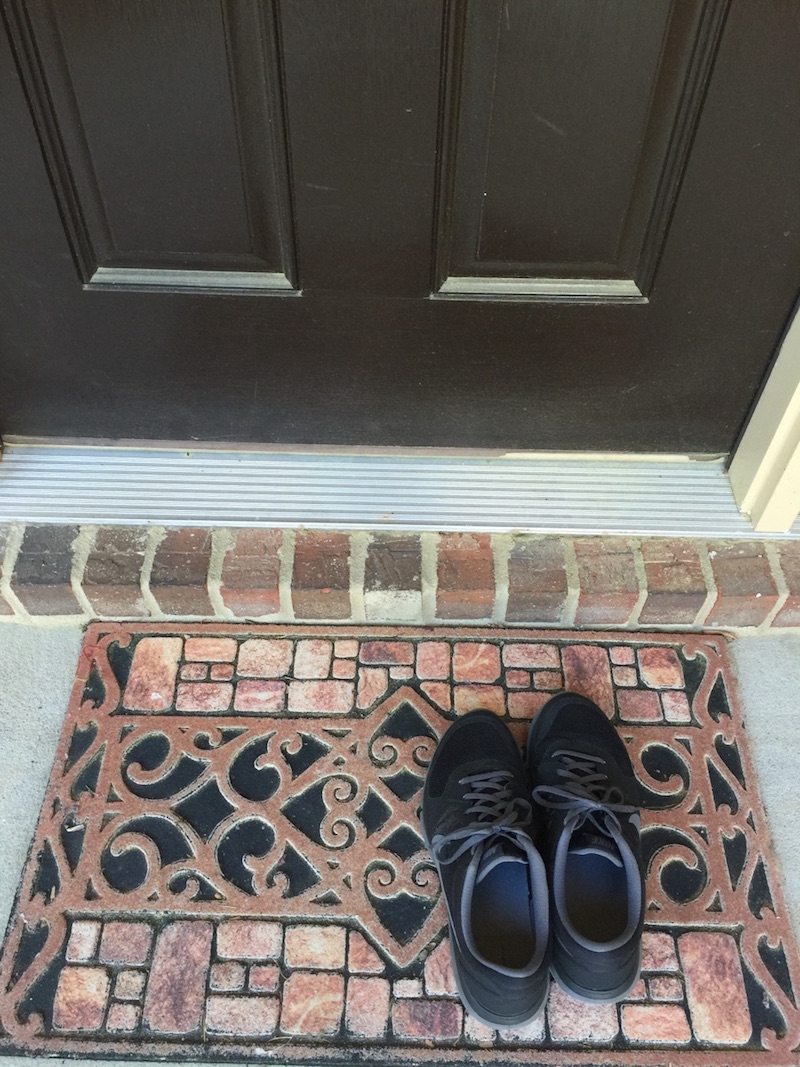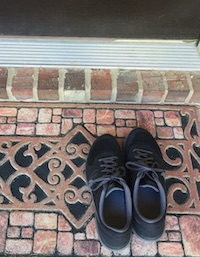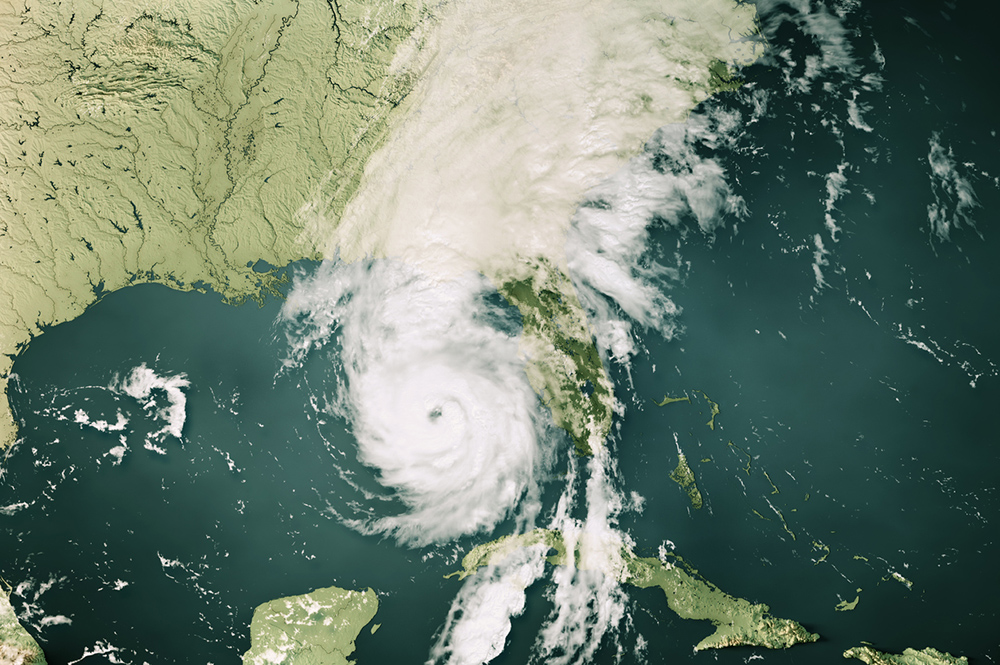Are your sinuses clogged? Do you feel like you are walking in a sea of yellow dust? Have you washed your car three times this week? Welcome to pollen season in Georgia.
Many green plants produce pollen at various times of the year, but most pollen is produced in spring. The dusty pollen that we see in the air is not the pollen that plagues allergy sufferers. However, oftentimes when we can see lots of pine pollen floating in the air, pollen counts for problem plants are often high as well.
According to data collected by the Atlanta Allergy and Asthma Clinic, Georgia’s pollen season peaks in early to mid-April, recedes in mid-May and resurfaces in mid-August.
Blooming trees and flowers kick off pollen season in Georgia, which can last six to eight weeks. During this time, pollen can become an unwelcome houseguest. If you live in the South, it is hard to avoid all pollen, but it's possible to minimize the amount of pollen in your home. Consider the following tips from University of Georgia Cooperative Extension experts.
Pollen is an extensive traveler and can settle on many items, so it’s essential to reduce the amount that enters your home. Start by taking off your shoes and using doormats.
Take a moment and consider all of the places that your shoes travel and all the “friends” they may have picked up along the way. During allergy season, it’s best to take your shoes off before entering the home and to leave them outside or as close to the entryway as possible. Eighty-five percent of contaminants that originate outdoors can be found within just four steps of your home.
This strategy can be applied to clothing as well. If you have been working outside, remove outerwear before entering the home. Then shower, wash your hair and change into clean clothes to reduce the chances of allergens settling.
Pets can also bring pollen and other outdoor contaminants inside. Wipe off your pets’ paws with a damp cloth before they enter the home and give them baths regularly. If your dog or pet is anything like mine, they'll love it!
Opening the windows to air out the house after winter is tempting, but it is not a good idea if you suffer from allergies. Keep your windows closed during peak pollen season to keep your home as allergen-free as possible. Rely on air conditioning, and keep windows and doors shut. Replace the air filters in your heating and cooling units every month if you suffer from respiratory conditions.
Another way to reduce pollen levels indoors is to do simple household chores often. Clean floors and surfaces on a regular basis with a damp mop and microfiber cloth. Make sure to vacuum rugs, carpet and floors, too.
If you continue to struggle with allergies, it may be best to ask a loved one to dust and vacuum during peak allergy season or to wear a mask during chores.
Using a HEPA, or high-efficiency particulate air, vacuum that’s specifically designed to help eliminate allergens and dust particles can also help control allergens. If that does not fit into your budget, use a HEPA air filter in your vacuum, if applicable.
For more information on home, health, nutrition and food safety, see the free UGA Extension publications available at extension.uga.edu/publications.








